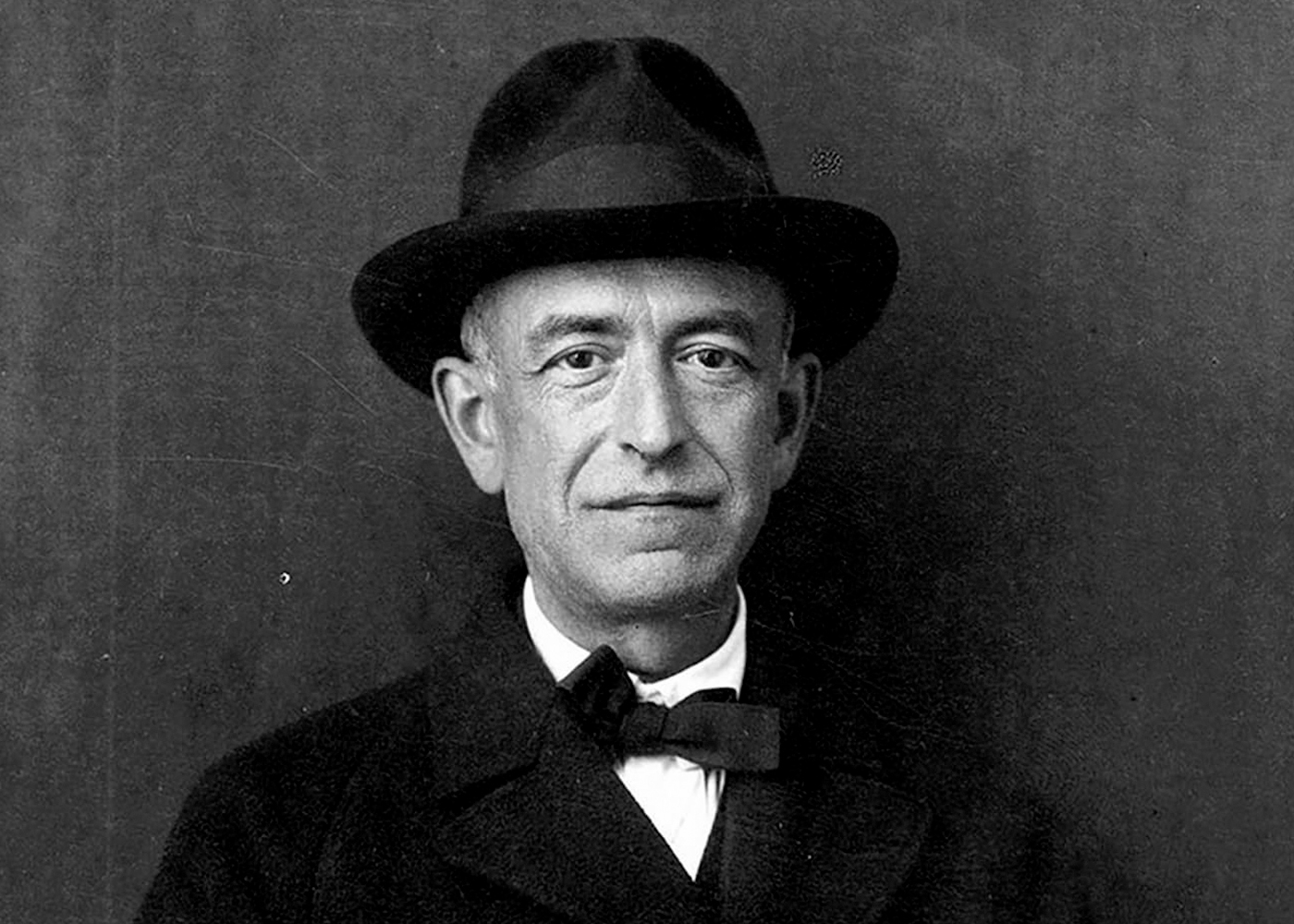
Manuel de Falla: the musical soul of Spain
Manuel de Falla (1876–1946) is one of the most known composers in the history of Spanish music, a musician whose work resonates with the essence of his homeland. Born in Cádiz, a city immersed in the traditions of Andalusia, Falla’s music is deeply rooted in Spanish folklore and culture, yet it transcends borders, earning him a place among the great composers of the 20th century. His life and works offer a significant insight into the artistic and cultural evolution of Spain during a period of immense change and turmoil.
Manuel de Falla began studying piano in his hometown before moving to Madrid to continue with his education. It was there that he became immersed in the artistic circles of the Spanish capital, connecting with poets, painters, and musicians who shared his passion for reviving and preserving Spain’s cultural identity. These early experiences placed the foundation for a career that would celebrate the rich diversity of Spanish music, from the fiery rhythms of flamenco to the mysterious melodies of ancient folk songs.
Falla’s time in Paris between 1907 and 1914 was a very important period in his musical development. Exposed to the innovations of composers such as Claude Debussy, Maurice Ravel, and Igor Stravinsky, he began to merge the impressionist techniques of his contemporaries with the unique characteristics of his Spanish heritage. Works like Noches en los jardines de España (Nights in the Gardens of Spain) and El amor brujo (Love, the Magician) exemplify this synthesis, blending rich harmonies and vivid orchestration with the unique essence of Andalusian music.
The beginning of World War I brought Falla back to Spain, where he composed some of his most celebrated works, including the Siete Canciones Populares Españolas (Seven Spanish Folksongs). This collection is inspired by traditional melodies from various regions of Spain and each piece reflects the unique character of its origin, from the passionate Paño Moruno to the touching Asturiana. When they are played with the cello, these melodies take on a new dimension, the instrument’s warm, resonant voice capturing the deep emotions that you find in Falla’s music.
His final years were affected by the Spanish Civil War and his later exile in Argentina, where he lived until he died in 1946. Despite these challenges, Falla remained a symbol of Spanish musical heritage. Today, Manuel de Falla’s music stands as a testament to the lasting power of cultural identity. His ability to blend the old and the new, the local and the universal, has left a permanent mark on the world of classical music.
As we listen to or perform his music, we are reminded of Falla’s impact: a composer who gave voice to Spain, preserving its past while shaping its future. His works are not merely compositions; they are stories, windows into a culture rich in history and emotion, forever resonating in the world of music.

